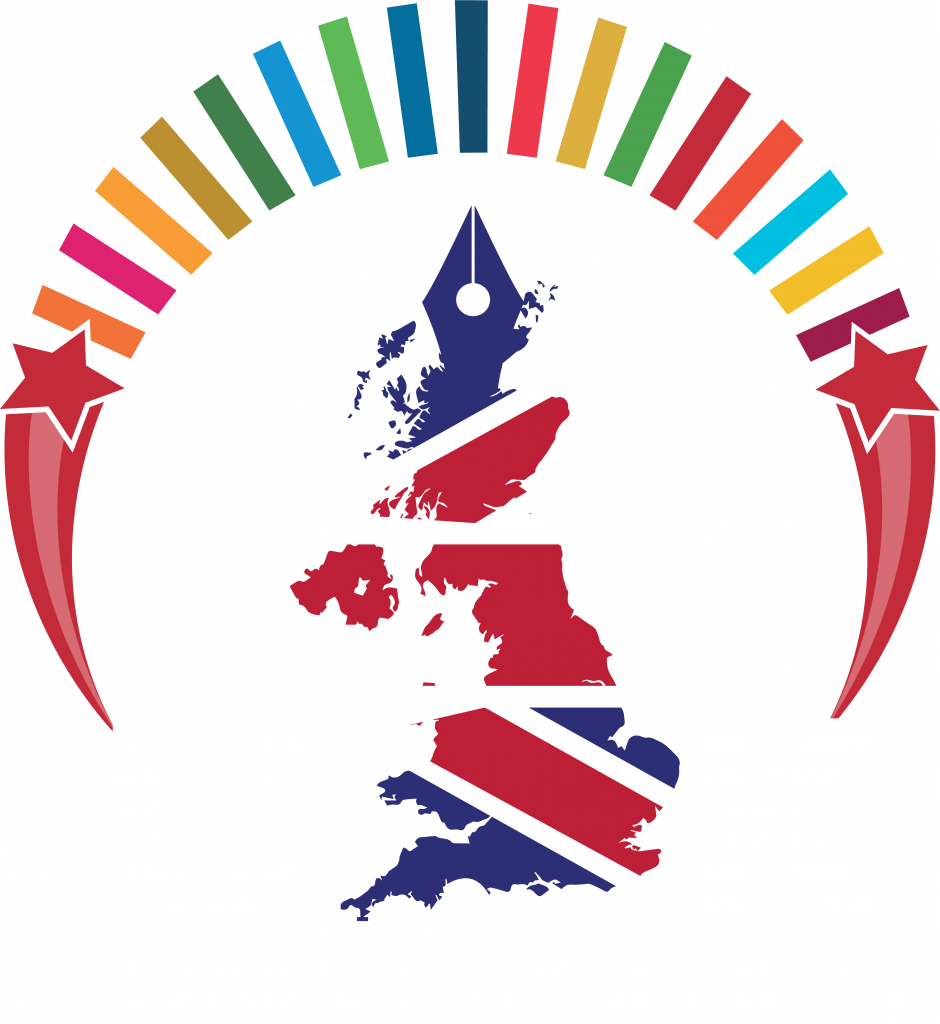UK (Queen’s University Belfast) Queen’s hosts Latin America,UK & Ireland Policymakers’ Exchange on comprehensive sexuality education

Researchers from the University, together with experts from the sponsoring organisations – UNESCO and UNFPA – and along with WHO experts and key policymakers, will work through opportunities to prioritise, scale up, and sustain high quality relationship and sexuality education for, and with, young people.
The meeting brings together senior national-level policymakers from Ireland, Mexico, Uruguay, Ecuador and each of the four nations of the UK to discuss and advocate for the implementation of high-quality education for young people, especially in relation to comprehensive sex education.
The aim of the event is to have a policymakers’ exchange on recent developments in relationship and sexuality education (RSE) in each of the nations in order to learn about cross-national challenges, potential solutions and supportive mechanisms.
The event has been organised by Professor Maria Lohan of the School of Nursing and Midwifery at Queen’s University Belfast, and Professor Alejandra López Gόmez of Universidad de República, Uruguay.
Speaking about the importance of the policymakers’ exchange network, Professor Maria Lohan, Project Lead and Chair in Social Sciences and Health from the School of Nursing and Midwifery at Queen’s University Belfast, said: “Today’s collaborative discussions bring together a wealth of knowledge and expertise in policy research which will strengthen our policy networks and enable us to collectively advocate for the implementation of high-quality education for young people.
“It is important that we continue to work together to prioritise comprehensive sex education for our young people to equip them with the information, skills, attitudes and values that will empower them and improve their health and wellbeing.”
The meeting will host a follow-up discussion with a young people’s group brought together across the two regions of Latin America and UK/Ireland.
Today’s event is funded by UNESCO, UNFPA Uruguay, and the Economic and Social Research Council’s Impact Acceleration Award.
